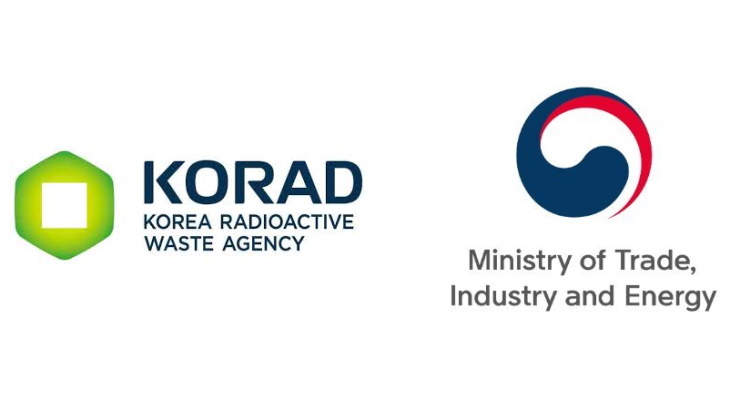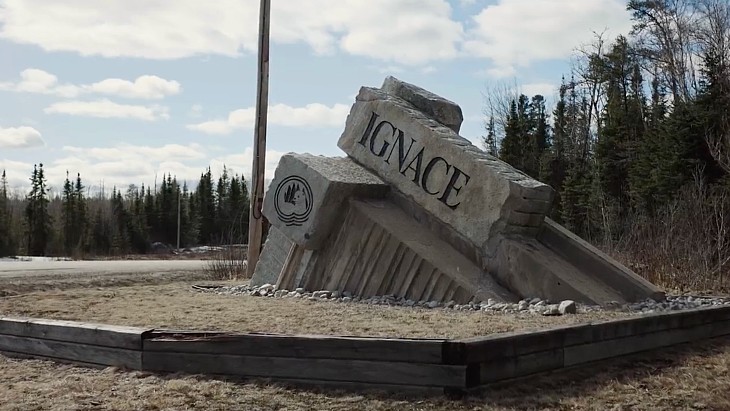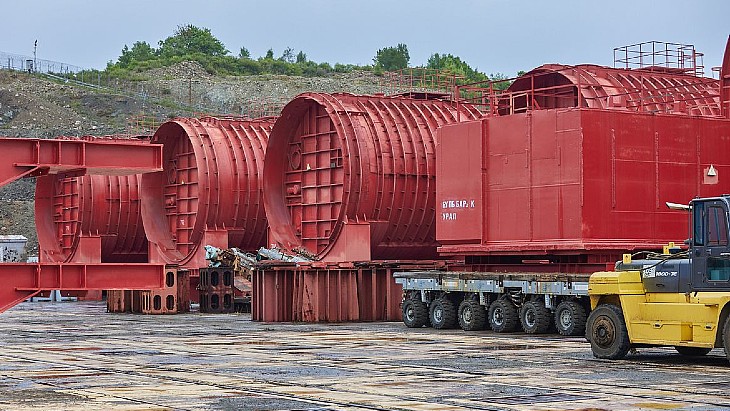South Korea seeks site for underground research facility

The underground research facilities will be used for conducting studies on rock mass properties and disposal system performance 500 metres underground - a depth similar to that of disposal repositories. MOTIE and KORAD noted the research facility will be built at a site entirely separate from high-level radioactive waste disposal facilities, with no radioactive waste or used nuclear fuel being taken inside the area, and is for research purposes only.
The underground facilities will focus on specialised manpower training and development of disposal technologies suitable for the domestic geological environment, while also providing the public with the opportunity to experience an environment similar to that of an actual high-level waste disposal facility. Technologies developed in the facility will be used in the process of site selection, construction, and management of the high-level waste repository.
The call for site proposals was issued in accordance with the radioactive waste management technology development measures specified in the Korean government's second high-level radioactive waste management basic plan (released in December 2021) and the High-Level Radioactive Waste R&D Roadmap (published in February 2024), MOTIE and KORAD noted.
They will be holding a briefing on 25 June to explain the site selection process to interested local government bodies. Letters of intent and site proposals, respectively, must be submitted by 19 July and 2 August, to KORAD.
A site evaluation committee under KORAD will evaluate the site proposals submitted by local governments in terms of geological suitability and against eight criteria with the aim of completing the selection process by the end of the year.
Construction is to start in 2026 with completion scheduled for 2032. The operation period will be about 20 years, starting from 2030.
MOTIE and KORAD noted that the USA, Germany, Sweden, Switzerland, Canada, Belgium, France, and Japan have in the past operated or are currently operating such underground laboratories.
In Korea, used fuel is currently stored on each nuclear power plant site pending construction of a centralised interim storage facility, which is planned to be operational by 2035. A final repository is expected to be operational by the mid-2050s.
_17992.jpg)
_75800.jpg)








_88592.jpg)

